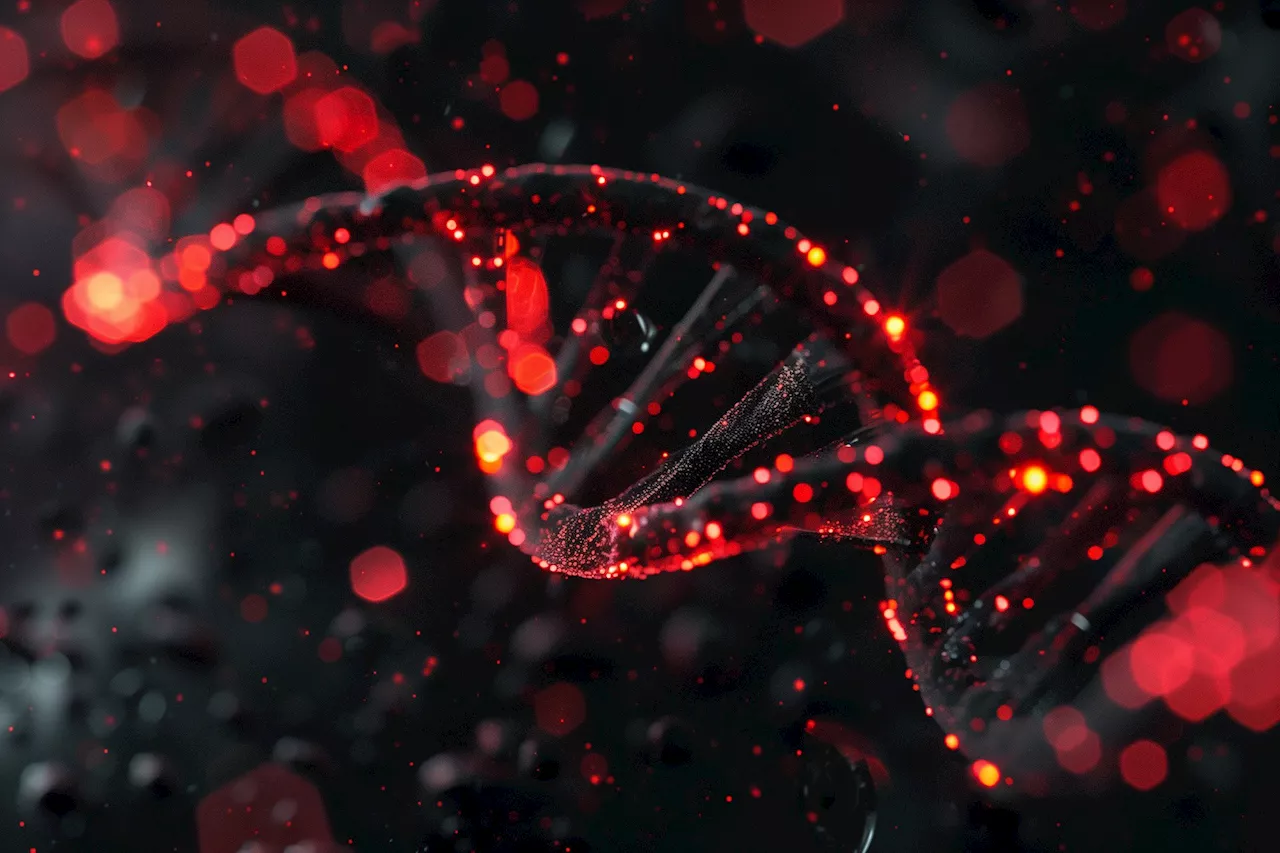Ben Turner is a U.K. based staff writer at Live Science. He covers physics and astronomy, among other topics like tech and climate change. He graduated from University College London with a degree in particle physics before training as a journalist.
The early universe contained far fewer miniature black holes than previously thought, making the origins of our cosmos's missing matter an even greater mystery, a new study has suggested.
But even though the hypothesis is popular, it has one big problem: we've yet to directly observe any primordial black holes. Now, a new study has offered a possible explanation as to why they didn't form, throwing open cosmology's dark matter problem to wider speculation. "Many researchers feel they are a strong candidate for dark matter, but there would need to be plenty of them to satisfy that theory," lead author Jason Kristiano, a graduate student in theoretical physics at the University of Tokyo, said in a statement."They are interesting for other reasons too, as since the recent innovation of gravitational wave astronomy, there have been discoveries of binary black hole mergers, which can be explained if PBHs exist in large numbers.
As the universe grew, ordinary matter, which interacts with light, congealed around clumps of invisible dark matter to create the first galaxies, connected together by a vast cosmic web. Nowadays, cosmologists think that ordinary matter, dark matter and dark energy make up about 5%, 25% and 70% of the universe’s composition, respectively.
Some physicists think there's a possibility they haven't discovered the vast numbers of primordial black holes necessary to account for dark matter simply because they've yet to learn how to detect them.
United Kingdom Latest News, United Kingdom Headlines
Similar News:You can also read news stories similar to this one that we have collected from other news sources.
 Ben Higgins Shares 'Rumor' About Gerry Turner, Theresa Nist's DivorceBachelor Nation's Ben Higgins broke down a rumor about how a conversation between Gerry Turner and Theresa Nist eventually led to their split
Ben Higgins Shares 'Rumor' About Gerry Turner, Theresa Nist's DivorceBachelor Nation's Ben Higgins broke down a rumor about how a conversation between Gerry Turner and Theresa Nist eventually led to their split
Read more »
 Ben Higgins Shares the Biggest Lesson From Gerry Turner’s DivorceThe Bachelor’s Ben Higgins shared advice for those who are dating at an older age after Gerry Turner and Theresa Nist’s divorce
Ben Higgins Shares the Biggest Lesson From Gerry Turner’s DivorceThe Bachelor’s Ben Higgins shared advice for those who are dating at an older age after Gerry Turner and Theresa Nist’s divorce
Read more »
 Couch potato kids more likely to have heart damageScientists says light physical activity can reverse the risk, say scientists.
Couch potato kids more likely to have heart damageScientists says light physical activity can reverse the risk, say scientists.
Read more »
 "Ben Is Shaken": Evil Season 4's Haunting Ben Storyline Teased By Aasif MandviAasif Mandvi as Ben while a monster is next to him in Evil SR exclusive custom image
"Ben Is Shaken": Evil Season 4's Haunting Ben Storyline Teased By Aasif MandviAasif Mandvi as Ben while a monster is next to him in Evil SR exclusive custom image
Read more »
'American Diva' author celelbrates women who live largeColumbia University professor writes about women like Tina Turner and Serena Williams who live without apology.
Read more »
 Live Longer: Scientists Discover Method To Offset Effects of Life-Shortening Genes by Over 60%Science, Space and Technology News 2024
Live Longer: Scientists Discover Method To Offset Effects of Life-Shortening Genes by Over 60%Science, Space and Technology News 2024
Read more »
